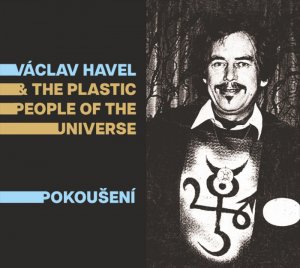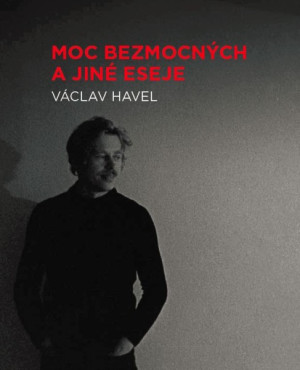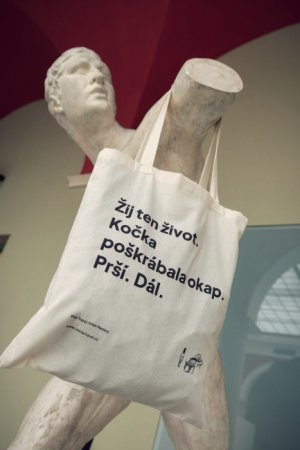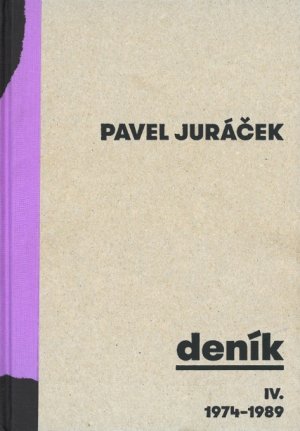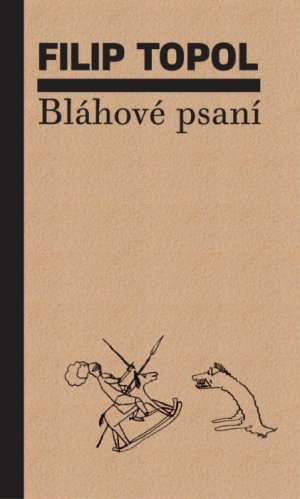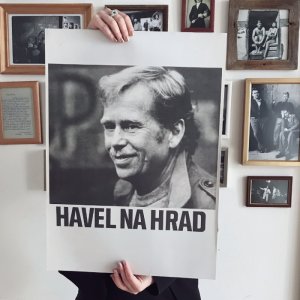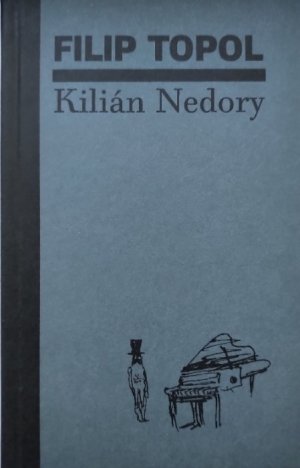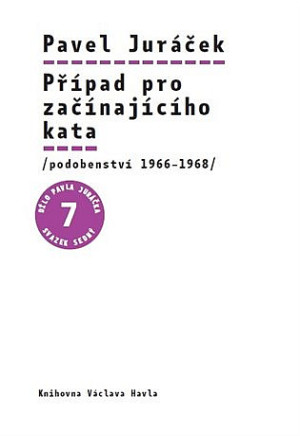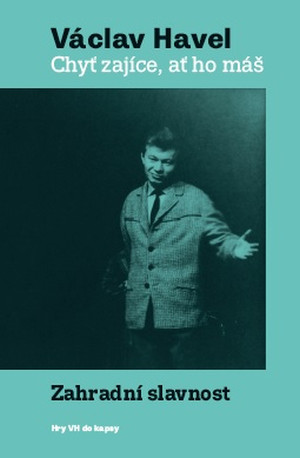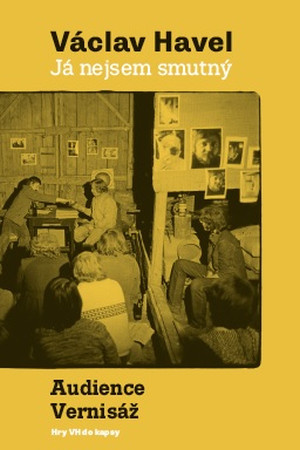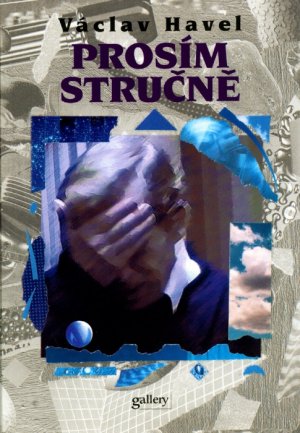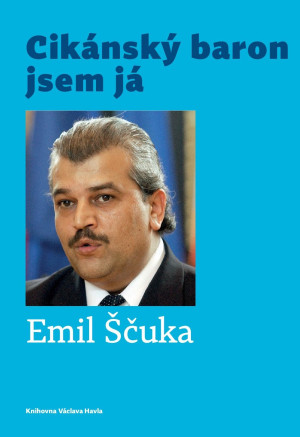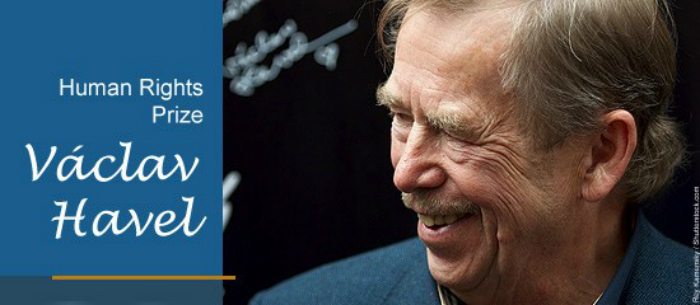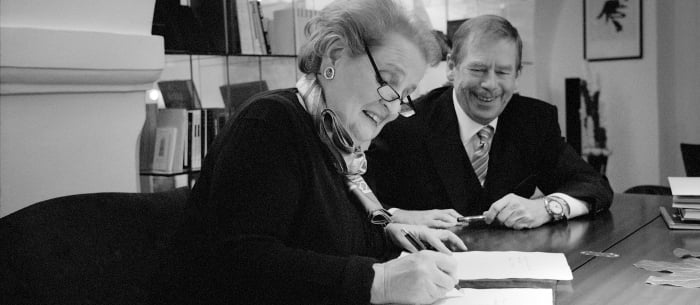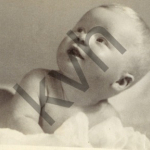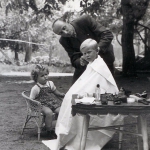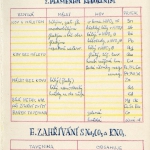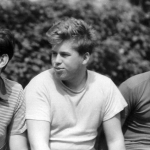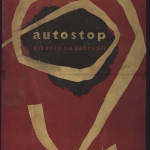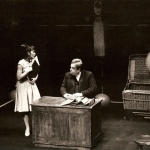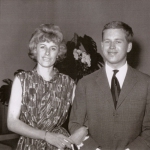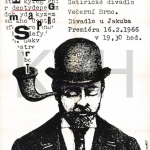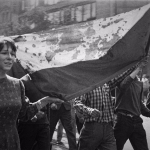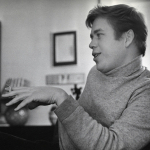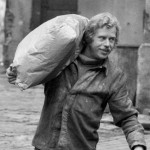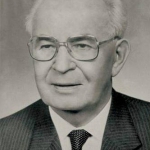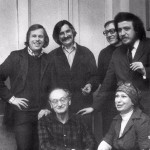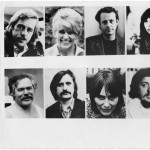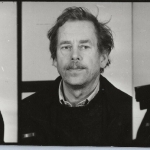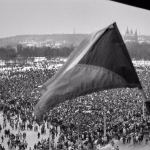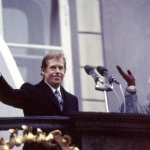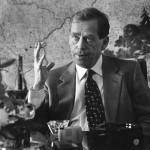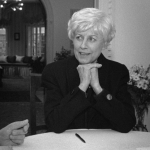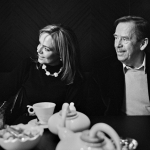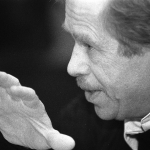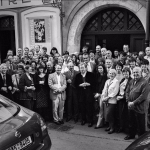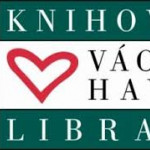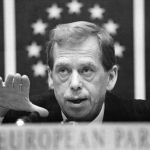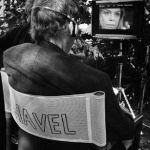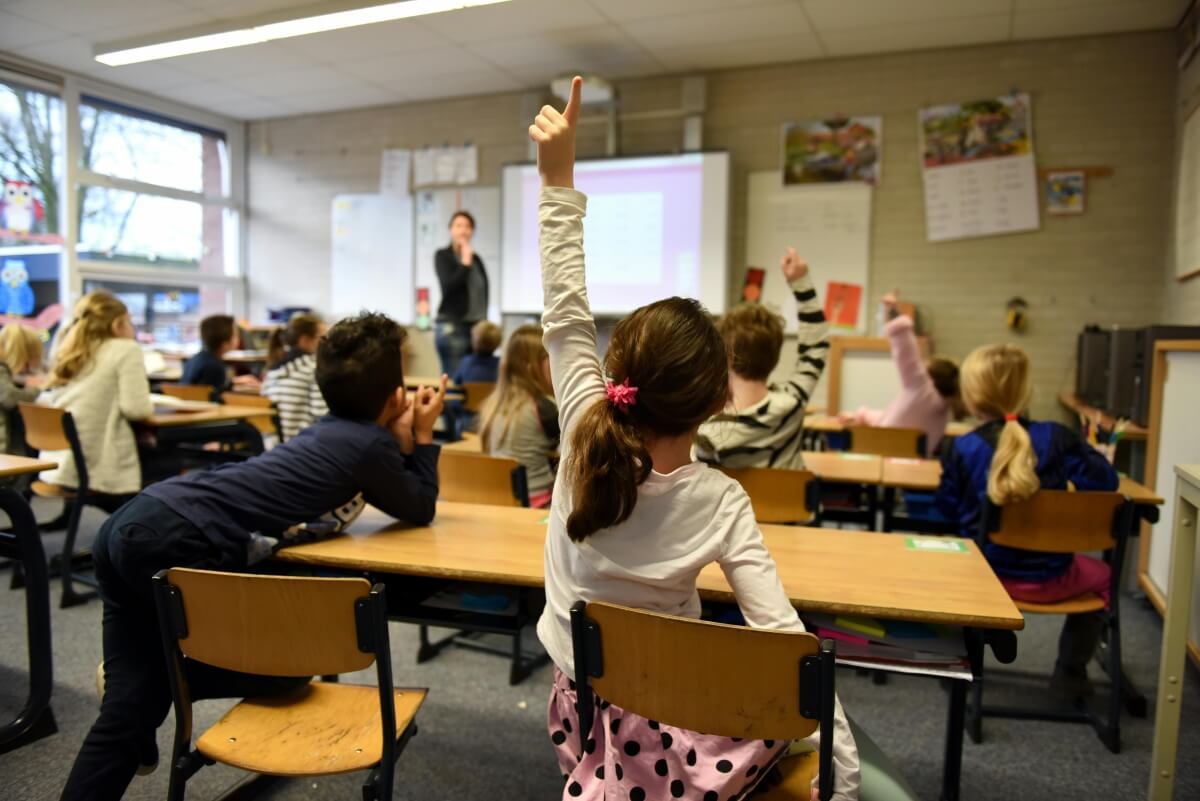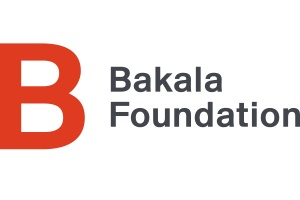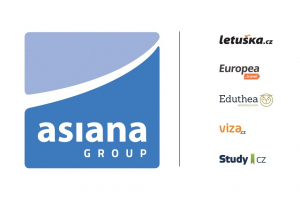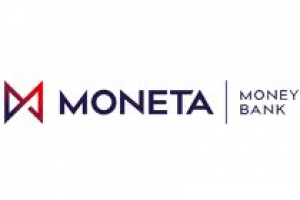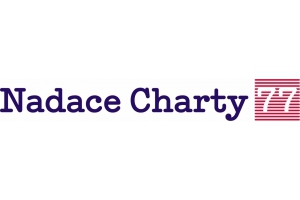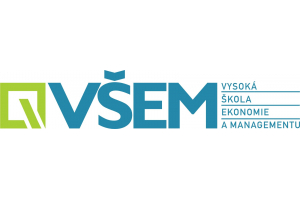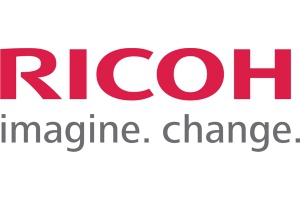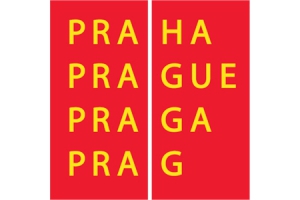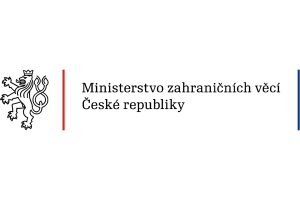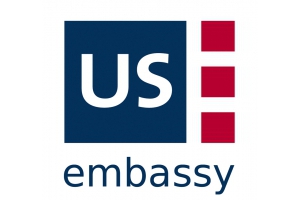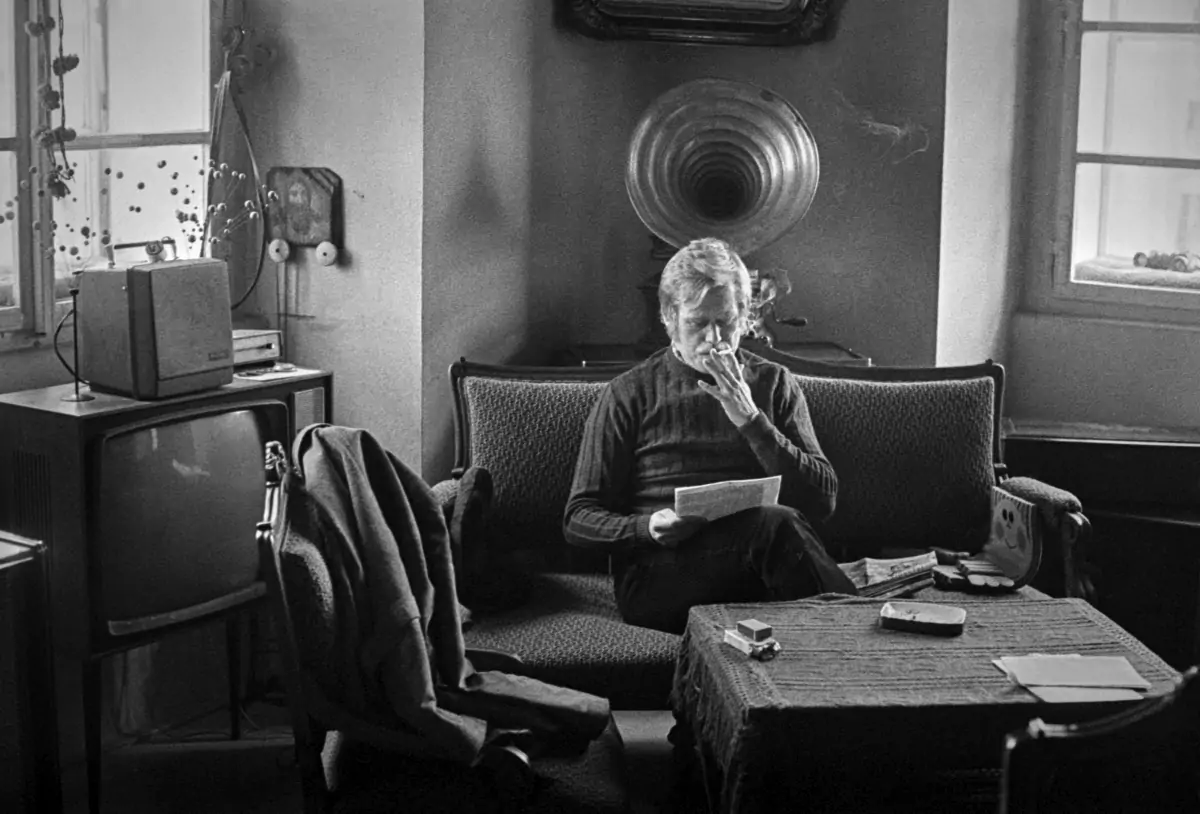
Club / News / Program
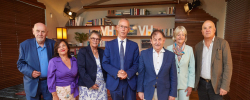
Three candidates shortlisted for the 2023 Václav Havel Prize 05/09/23
The selection panel of the Václav Havel Human Rights Prize, which rewards outstanding civil society action in defence of human rights in Europe and beyond, has today announced the shortlist for the 2023 Award. Meeting in Prague today, the panel – made up of independent figures from the world of human rights and chaired by the President of the Parliamentary Assembly of the Council of Europe (PACE) Tiny Kox – decided to shortlist the following three nominees, in alphabetical order: More
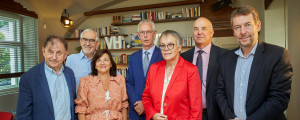
Three candidates shortlisted for the 2022 Václav Havel Human Rights Prize 06/09/22
The discussion among the seven-member jury helmed by the president of the Parliamentary Assembly of the Council of Europe centred on the importance of the issue of human rights during this tense period. The finalists include Vladimir Kara-Murza, a political prisoner and leading Russian democracy campaigner; Ukraine’s 5 AM Coalition, which gathers evidence of human rights abuses stemming from Russia’s invasion of the country; and Hungary’s Rainbow Coalition defending LGBTQIA+ rights. “This year’s selection reflects the central role that human rights play in the current European crisis,” says Michael Žantovský, jury member and executive director of the Václav Havel Library, which bestows the prize in cooperation with the Parliamentary Assembly of the Council of Europe and Nadace Charty 77.
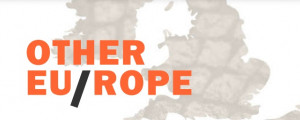
The Other Europe 27/04/22
Dear Friends, After three years we have completed the international project The Other Europe, during which, in cooperation with partner institutions, we have processed and made public recordings of interviews shot in 1987 and 1988 behind the Iron Curtain, and in exile, with important representatives of the opposition and the arts, as well as random citizens. Over those three years we have prepared video, audio and text of 106 interviews in speakers’ native languages and English translation. Despite public health restrictions in the Covid period, we have jointly prepared 16 international conferences and public presentations in six Central and Eastern European states. More
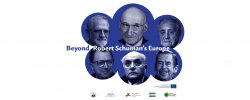
From Schuman to Havel – what next? 16/02/22
The Václav Havel Library is a proud partner of the project Beyond Robert Schuman’s Europe More
Program for January 2018<>
entry-free
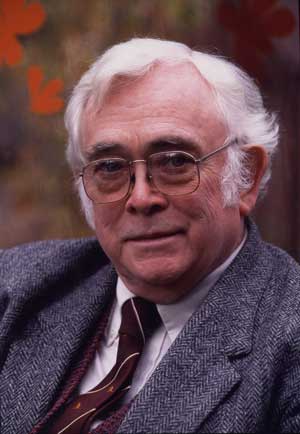
A Reading for Josef Škvorecký
- Where: Václav Havel Library, Ostrovní 13, Prague 110 00
- When: January 4, 2018, 17:00 – 22:00
Josef Škvorecký, one of the most important post-war Czech writers and the founder of the exile publishing house ‘68 Publishers, died six years ago, on 3 January 2012. A host of personalities, aficionados of his work, experts and readers will read from his books.
Introduced by Michael Žantovský.
In cooperation with the Josef Škvorecký Society and the PEN Club.
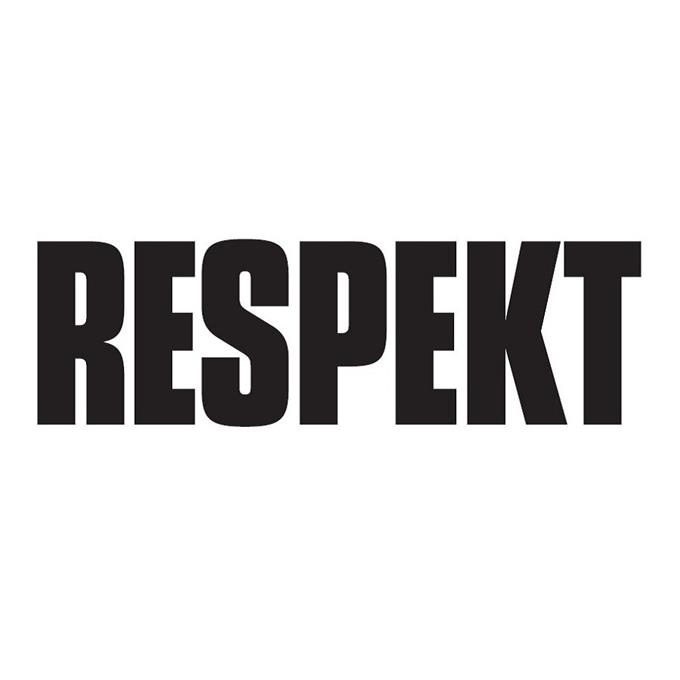
Debate with Respekt
- Where: Václav Havel Library, Ostrovní 13, Prague 110 00
- When: January 9, 2018, 19:00 – 21:00
Discussion with Respekt editors and their guests on a topical issue. More information will be posted at least one week before the event at www.vaclavhavel-library.org.
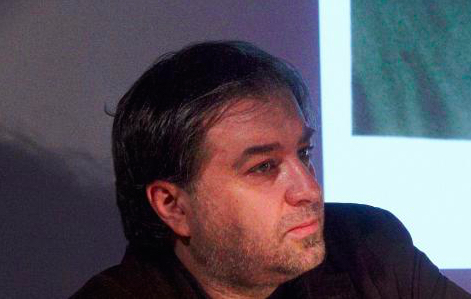
Miloš Doležal: Documenting small-town normalisation life
- Where: Václav Havel Library, Ostrovní 13, Prague 110 00
- When: January 11, 2018, 19:00 – 21:00
Presentation of Miloš Doležal’s new book Jízda Na Skle Ochcanou Strání (which could be translated as Riding Glass Down a Piss-Sodden Slope), which records shards and fragments of life in small-town Vysočina against the backdrop of 1970s and 1980s normalisation in the Czechoslovak Socialist Republic.
Real socialism in schizophrenic disproportion, absurdity and banality: the old world lives on somewhere on the periphery but careerists seize their opportunity, history is mendaciously distorted and the Red Star and hammer and sickle hang above the town square.
The author and Miroslav Hanuš will read, Petr Adámek will speak and Michal Hrubý will play the bassoon.
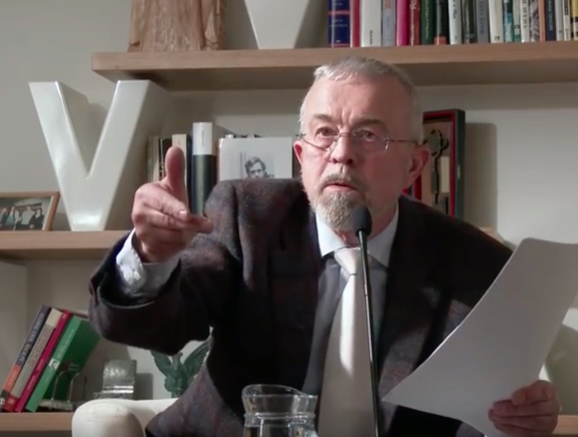
Václav Vacek: Doesn’t Life End with Death?
- Where: Václav Havel Library, Ostrovní 13, Prague 110 00
- When: January 16, 2018, 19:00 – 21:00
Are you also tormented by the meaningless of death? Not just when loved ones die? We humbly ask whether posing questions is futile or a privilege of ours. There are more questions than answers. Hopefully we will get closer to some of the answers.
Meeting with Václav Vacek, the parish priest in Letohrad.
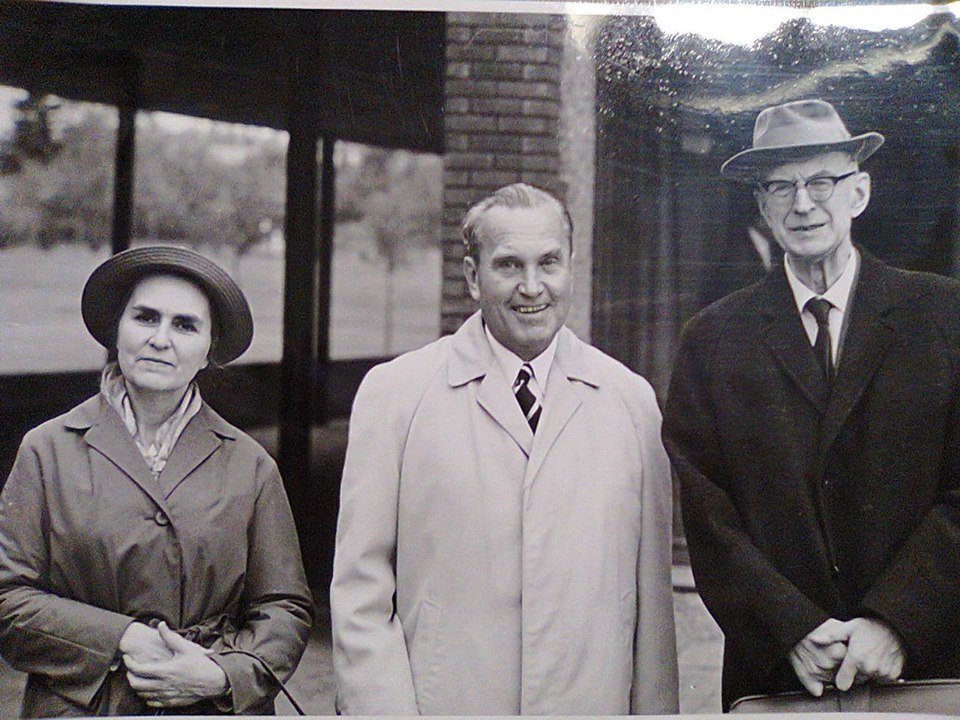
Milada Blekastad – Letters in a Time of Repression
- Where: Václav Havel Library, Ostrovní 13, Prague 110 00
- When: January 17, 2018, 19:00 – 21:00
The correspondence of Milada Blekastad (nee Topičová) with Jan Patočka, Ludvík Vaculík and Julie Nováková.
Milada Blekastad left behind thousands of pages of correspondence with close friends and eminent names in Czech and Norwegian science and culture. Her letters and responses are a record not only of professional and personal relations but also of the age in which they were written.
The Václav Havel Library is holding this debate on the significance of correspondence in the period of Communist dictatorship in cooperation with the Institute of Philosophy at the Czech Academy of Sciences and the Elg association. Speakers: Věra Schifferová (Czech Academy of Sciences), Vladimír Urbánek (Czech Academy of Sciences) and Jan and Ondřej Vaculík.
The evening will also see the launch of the travelling exhibition Invisible Bridge: Milada Blekastad 1917–2003.
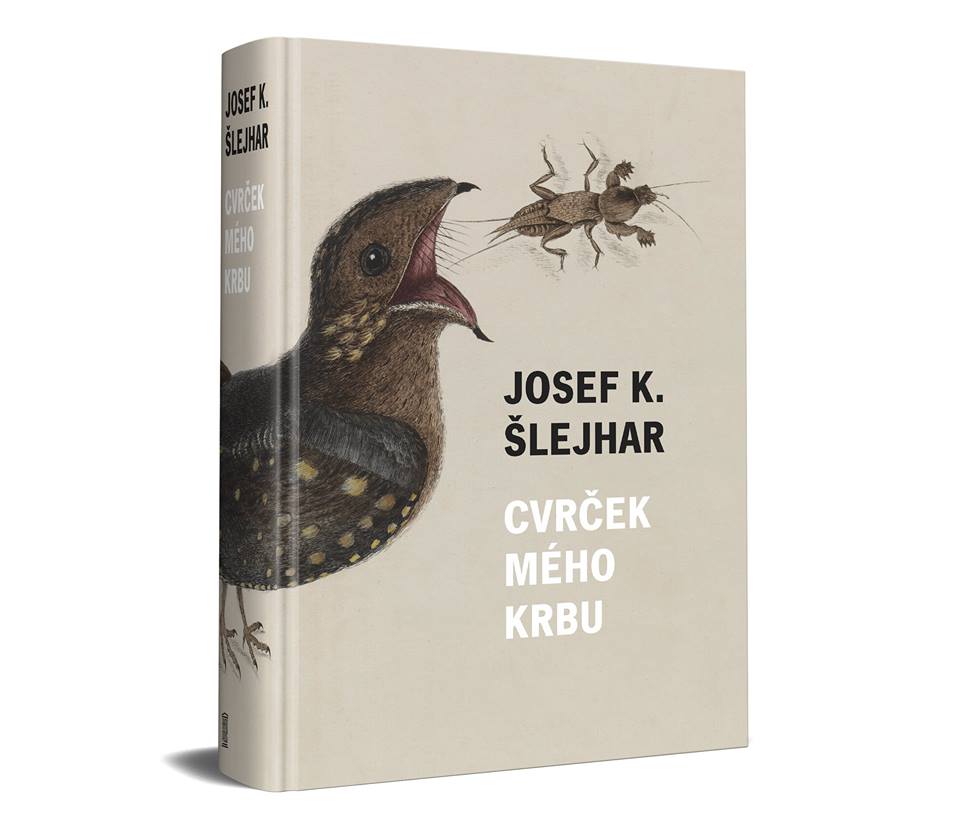
I Didn’t Have the Last Word, Incidentally
- Where: Václav Havel Library, Ostrovní 13, Prague 110 00
- When: January 18, 2018, 19:00 – 21:00
Ceremonial launch of Josef K. Šlejhar’s novel Cvrček mého krbu (The Cricket of My Fireplace).
In his most extensive and hitherto unpublished in book form piece of prose writing, Josef K. Šlejhar, best known as the author of the novella Kuře melancholic (Chicken Melancholic), comes to terms with his marriage as well as with the world as such. Over more than 700 pages his unusually evocative and sensuous language he piles up images of days together, commonplace deliberations, memories and sensations. With an almost stenographic precision, he records the sequence of events that preceded the collapse of his life. With anger and humility, lover’s fulminations and patriarchal pride, harshness and tenderness, he repeatedly endures evidence against his own fate. It lays accusations against him and holds him to account. With stubbornness he prepares a closing speech before a grand jury that has never sat and never will. Which changes nothing about the fact that the book is an exceptional, gripping read.
Evening hosted by Pavel Hájek and Jaromír Typlt, a connoisseur of Šlejhar’s work.
The actor Lukáš Jůza will read from the novel.
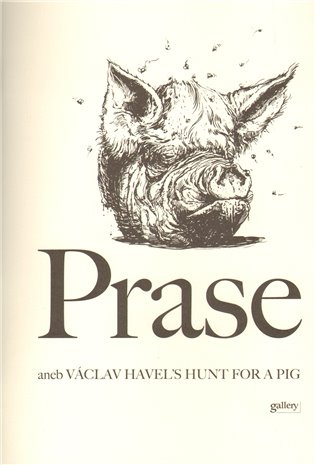
Václav Havel: The Pig and Ela, Hela and the Hitch
- Where: Václav Havel Library, Ostrovní 13, Prague 110 00
- When: January 22, 2018, 19:00 – 21:00
On how a playwright has desperately searched for a pig for a pig-killing and how old ladies hitch rides.
Vinoř reads Havel, with the Divadlo Prima den theatre having prepared a staged reading of these entertaining “trifles”. The members of the theatre have invited friends from their part of Prague, giving rise to an enjoyable and essentially neighbourly event. Havel can also be read like this – at home in the kitchen or in the neighbours’ garden.
Readers and actors: David Smoljak, Robert Rytina, Markéta Kilingerová, Barbora Marysková
Also featuring: Václava Zahradníčková, Jana Bačová-Kroftová
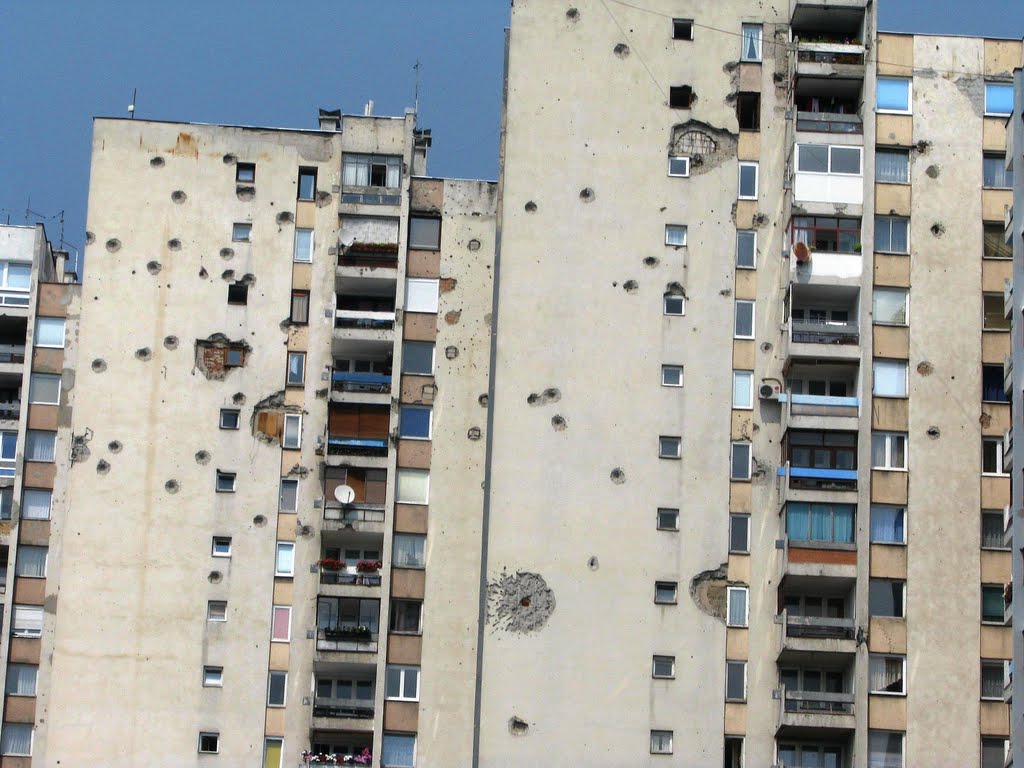
Evenings with Polish Reporters: A Painfully Close War
- Where: Václav Havel Library, Ostrovní 13, Prague 110 00
- When: January 23, 2018, 19:00 – 21:00
Slaughter taking place just a few hundred kilometres from the Czech border. Genocide playing out in the middle of Europe in the 1990s. Can we comprehend the brutal Yugoslav war? Or describe it? The Polish reporter Wojciech Tochman and the Czech journalist Jan Urban attempted to do so in their books of reportage.
Evening moderated by the translator Lenka Kuhar Daňhelová.
“There have been thousands of dispatches, reports, exhibitions, books, albums and documentary and feature films about the war in Bosnia. But as soon as the war ended reporters packed up their cameras and immediately set off for other conflicts,” writes Wojciech Tochman in the book Jako bys jedla kámen (As If You’d Eaten a Stone). Tochman returned repeatedly to Bosnia and spoke mainly to women, whose stories tell us more about the nature of the war than statistics or political analyses. The seasoned reporter is the author of numerous books of reporting from Poland, but also from impoverished areas in the Philippines and the Rwandan genocide. In 2015 he received an Amnesty International award for his work promoting and defending human rights. Tochman’s book from 2002 was published in Czech in 2017 on the Absynt imprint in a translation by Lenka Kuhar Daňhelová.
The journalist, dissident and Charter 77 signatory Jan Urban was a war correspondent in Bosnia and Herzegovina, to where he also helped deliver humanitarian aid. Urban’s book Všem sráčům navzdory: válka, o které nechcete nic vědět) (Despite all the Bastards: The War You Don’t Want to Know Anything About) was first released in 1997 by the publishing house G plus G before being reissued in 2017 by Absynt.
“Sarajevo is for me the centre of the world. Its conscience and future,” Urban says in the book.
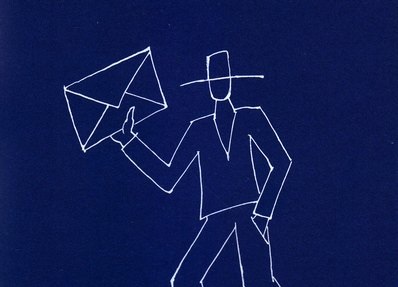
Eugen Brikcius: Postil
- Where: Václav Havel Library, Ostrovní 13, Prague 110 00
- When: January 24, 2018, 19:00 – 21:00
The versatile artist and writer, prankster, Dadaist and Chartist Eugen Brikcius, who is 75 this year, has produced his 19th book. Postila (Postil) is an analysis: of life and work, generally and specifically. A 36-minute novel with illustrations by Ellen Jilemnická.
The book will be presented by the author of its foreword Tomáš Kubíček, a professor of Czech literature and the director of Brno’s Moravian Provincial Library.
Followed by a discussion with the writer moderated by Radim Kopáč. The author will read selected excerpts.

Why and How to Speak about Mental Health and Psychiatric Illnesses?
- Where: Václav Havel Library, Ostrovní 13, Prague 110 00
- When: January 29, 2018, 19:00 – 21:00
In the Czech Republic depression and bipolar disorders affect more people than diabetes and asthma, and anxiety disorders are twice as common again (almost 1.5 million people). According to the World Health Organisation, psychiatric illnesses accounts for 40 percent of all illnesses and approximately every fourth person will experience some form of mental illness in the course of their life. However, we speak about mental health far less than about physical wellbeing.
The first of a series of three evenings will be dedicated to why and how a group of young neuroscientists, psychologists and psychiatric patients are tackling the problem of insufficient awareness, stigmatisation and neglected prevention in the field of mental health and illness in the Czech Republic. The discussion will touch on the Nevypusť duši (Don’t Let the Spirit Go) project, as well as inspirational campaigns in other states. On why it is necessary to focus on the language and vocabulary that we employ when we speak about psychiatric health and illness and how the use of personal stories can best spread facts and bust myths about mental health and illness.
There will be room for questions and a debate, while attendees will be able to draw on seven tenets of mental hygiene as well as a Manual for Loved Ones, which provides advice on what to do if somebody close to you has mental problems.
A series created by the non-profit Nevypusť duši (Don’t Let the Spirit Go), which is run by a team of young psychologists, neuroscientists and students of those disciplines. It also comprises psychiatric patients and people with experience of psychiatric illness at a young age. Nevypusť duši circulates information, busts myths and informs the Czech Republic about mental health.
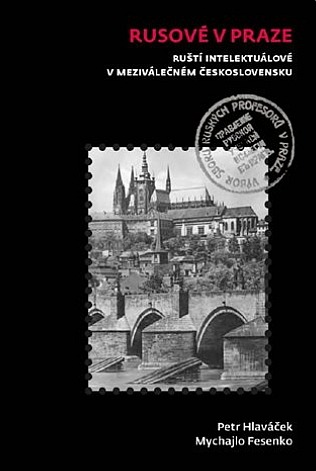
Russians in Prague
- Where: Václav Havel Library, Ostrovní 13, Prague 110 00
- When: January 30, 2018, 19:00 – 21:00
On “Russian traces” in the Czech Republic in the past and nowadays.
Interwar Czechoslovakia was an important centre for the Russian émigré community, whose number included important scholars, literati and intellectuals. While Czechs celebrated the arrival of the Red Army in May 1945, for Russian (Ukrainian and Belarusian) exiles, who had in many cases become Czechoslovak citizens, the end of WWII spelled disaster: death, imprisonment, the Gulag. The situation was all the more painful given that speaking about their fates was barred because recalling the non-Communist “Russia outside Russia” had no place in the Soviet-Russian imperial narrative. Who were these Russians? How was Czech-Russian coexistence at that time? How does today’s Russia view its past? And what kind of Russians (East Europeans) live in Prague and the Czech Republic today? Are they enriching to us? Or are they a challenge or threat?
The spark for the debate is the new book Rusové v Praze. Ruští intelektuálové v meziválečném Československu (Russians in Prague: Russian Intellectuals in Interwar Czechoslovakia), which was published in 2017 by Vydavatelství FF UK. Taking part in the discussion of the transformations in the Russian presence in Prague and the Czech Republic will be Alexej Kelin, a member of the Czech government’s Council for National Minorities, journalist Ondřej Soukup and Slavic Studies specialist Mychajlo Fesenko.
Historian and philosopher Petr Hlaváček will moderate the debate.
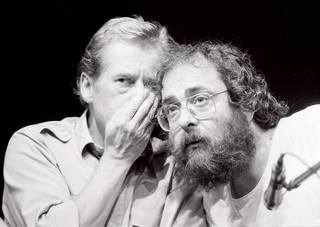
Vladimír Hanzel’s Listening Disco
- Where: Václav Havel Library, Ostrovní 13, Prague 110 00
- When: January 31, 2018, 19:00 – 21:00
Vladimír Hanzel was for 14 years secretary to Václav Havel, both as a dissident and as president, and is also an expert on music.
He was responsible for official and unofficial contact with musicians. He organised a musical evening with Bill Clinton at Reduta jazz club (1994), was co-organiser of the first ever mega-concert in this country, an appearance by the Rolling Stones at Strahov stadium (1990), and helped set up and took part in Havel’s personal meetings with the Velvet Underground, Mstislav Rostropovich, Bob Dylan, Dizzy Gillespie, Tina Turner, Pink Floyd, Sinéad O’Connor, Sting, Lou Reed and many, many more.
Vladimír Hanzel will discuss those subjects and more and play examples of the music concerned.
Havel Channel
Havel Channel je audiovizuální projekt Knihovny Václava Havla, jehož cílem je šířit myšlenkový, literární a politický odkaz Václava Havla, bez ohledu na vzdálenost, zeměpisné hranice či nouzové stavy. Jeho páteř tvoří debaty, vzdělávací projekty a rozhovory. Velký prostor je věnován též konferencím, autorským čtením, záznamům divadelních inscenací a koncertům. Audiovizuální projekt Knihovny Václava Havla Havel Channel se uskutečňuje díky laskavé podpoře Karel Komárek Family Foundation.
Publications / E-shop
The central focus of the Library’s publishing programme is the life and work of Václav Havel, his family and close collaborators and friends. For clarity, the programme is divided into six series: Václav Havel Library Notebooks, Václav Havel Library Editions, Student Line, Talks from Lány, Václav Havel Documents, Works of Pavel Juráček and Václav Havel Library Conferences. Titles that cannot be incorporated into any of the given series but which are nonetheless important for the Library’s publishing activities are issued independently, outside the series framework.
Diary IV. 1974–1989
399,- CZK
Foolish Writing
299,- CZK
Havel to the Castle
149,- CZK
Kilián Nedory
199,- CZK
Case for a Novice Headsman
199,- CZK
I am not sad. Audience & Vernissage
129,- CZK
To the Castle and Back
249,- CZK
I am the Gypsy Baron
299,- CZK
Conferences & prizes
Václav Havel European Dialogues
The Václav Havel European Dialogues is an international project that aims to initiate and stimulate a discussion about issues determining the direction of contemporary Europe while referring to the European spiritual legacy of Václav Havel. This idea takes its main inspiration from Václav Havel’s essay “Power of the Powerless”. More than other similarly focused projects, the Václav Havel European Dialogues aims to offer the “powerless” a platform to express themselves and in so doing to boost their position within Europe.
The Václav Havel European Dialogues is planned as a long-term project and involves cooperation with other organisations in various European cities. Individual meetings, which take the form of a conference, are targeted primarily at secondary and third-level students, as well as specialists and members of the public interested in European issues.
Prague 2022Olomouc Prague 2023PragueMnichov 2020Brussels 2020Prague 2019Brussels 2019Prague 2018Brussels 2018Europe at the Crossroads (e-book)Prague 2017Brussels 2017Prague 2016Brussels 2016Prague 2015Brussels 2015Brussels 2014Berlin 2014Prague 2014 - J. GauckBruges 2014Prague 2014
Václav Havel Human Rights Prize
The Václav Havel Human Rights Prize is awarded each year by the Parliamentary Assembly of the Council of Europe (PACE) in partnership with the Václav Havel Library and the Charta 77 Foundation to reward outstanding civil society action in the defence of human rights in Europe and beyond.
11th Year of the Prize (2023)10th Year of the Prize (2022)9th Year of the Prize (2021)8th Year of the Prize (2020)7th Year of the Prize (2019)6th Year of the Prize (2018)5th Year of the Prize (2017)4th Year of the Prize (2016)3rd Year of the Prize (2015)2nd Year of the Prize (2014)1st Year of the Prize (2013)History of the prize
Havel - Albright Transatlantic Dialogues
Since the first Václav Havel Transatlantic Dialogues at GLOBSEC and FORUM 2000 conferences last year, we have lost another stalwart advocate of the transatlantic bond and of the need to face threats to democracy and international order together on both sides of the Atlantic, the former US Secretary of State Madeleine Albright. In view of the close bond between Václav Havel and Madeleine Albright and, after Havel's death, between the Secretary and the Library, the Václav Havel Library, with the approval of Madeleine Albright's family, renamed and rebranded the program as The Havel-Albright Transatlantic Dialogues (HATD), after the two major figures with roots in Central Europe who have personified the bond. Together, Václav Havel and Madeleine Albright symbolize the transatlantic relationship and the fundamental values underpinning it perhaps better than any other two people in recent history. The upcoming Dialogues “The Indispensable Woman: The Legacy of Madeleine K. Albright”, at the FORUM 2000 conference on September 1, and at the “Havel and our Crisis” conference at Colby College, ME, on September 28, will thus become venues for a well-deserved tribute to the pair we all respected and admired.
Transatlantic Dialogues 2021Transatlantic Dialogues 2022HATD 2022 Prague
Václav Havel
Václav Havel
* 5. 10. 1936 Praha
† 18. 12. 2011 Hrádeček u Trutnova
- spisovatel a dramatik, publicista a filozof
- jeden z trojice prvních mluvčích Charty 77
- vůdčí autorita československé společenské změny v listopadu 1989
- poslední prezident Československa a
- první prezident České republiky
- celoživotní zastánce lidských práv a svobod doma i ve světě.
Educational projects
Archive / Documentation centre / Research projects
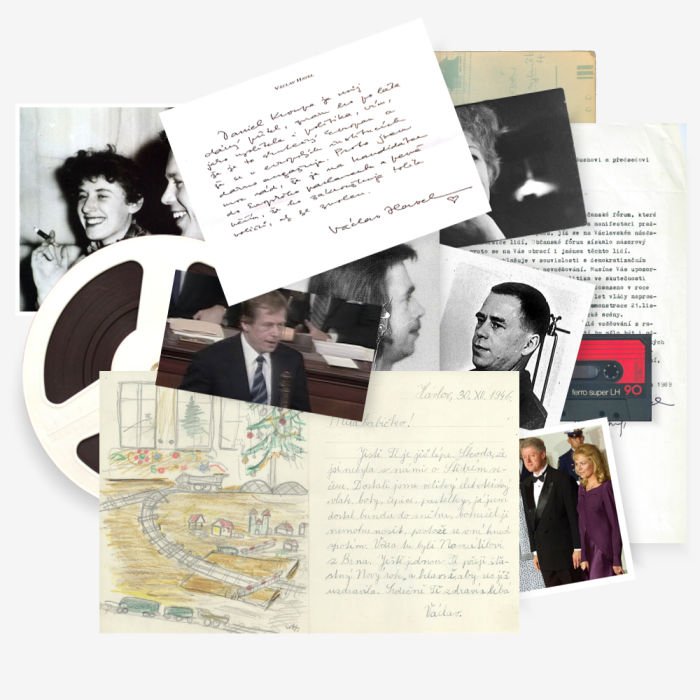
The Václav Havel Library is gradually gathering, digitizing, and making accessible written materials, photographs, sound recordings and other materials linked to the person of Václav Havel.
- 70852 records in total
- 27781 of events in the VH's life
- 2831 of VH's texts
- 2125 of photos
- 403of videos
- 568of audios
- 6604of letters
- 15101of texts about VH
- 8264 of books
- 40641of bibliography records
Access to the database of the VHL’s archives is free and possible after registering as a user. Accessing archival materials that exist in an unreadable form is only possible at the reading room of the Václav Havel Library, Ostrovní 13, 110 00 Prague 1, every Tuesday (except state holidays) from 9:00 to 17:00, or by prior appointment.
We will be glad to answer your queries at archiv@vaclavhavel-library.org.
Sign in (registered users only)
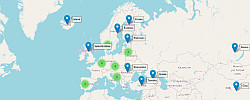
Havel in a nutshell
The virtual exhibition Václav Havel in a Nutshell places the life story of Václav Havel in the broader cultural and historic context in four chronologically distinct chapters with rich visual accompaniment. The exhibition is supplemented by the interactive map Flying the World with Václav Havel, which captures in physical form Havel’s global “footprint”.
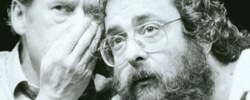
Vladimir Hanzel's revolution
Collage of recollections, images and sound recordings from Vladimír Hanzel, President Václav Havel’s personal secretary, bringing the feverish atmosphere of the Velvet Revolution to life.
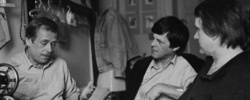
Václav Havel Interviews
A database of all accessible interviews given to print media outlets by the dramatist, writer and political activist Václav Havel between the 1960s and 1989. The resulting collection documents the extraordinary life story of an individual, as well as capturing a specific picture of modern Czechoslovak history at a time when being a free-thinker was more likely to lead to jail than an official public post.

Pavel Juráček Archive
The Pavel Juráček Archive arose in February 2014 when his son Marek Juráček handed over six banana boxes and a typewriter case from his father’s estate to the Václav Havel Library. Thousands of pages of manuscripts, typescripts, photographs, documents and personal and official correspondence are gradually being classified and digitalised. The result of this work should be not only to map the life and work of one of the key figures of the New Wave of Czechoslovak film in the 1960s, but also to make his literary works accessible in the book series The Works of Pavel Juráček.
The aim of the Václav Havel Library is to ensure that Pavel Juráček finds a place in the broader cultural consciousness and to notionally build on the deep friendship he shared with Václav Havel. Soon after Juráček’s death in 1989 Havel said of him: “Pavel was a friend of mine whom I liked very much. He was one of the most sensitive and gentle people I have known – that’s why I cannot write more about him.”
All about Library
The Václav Havel Library works to preserve the legacy of Václav Havel, literary, theatrical and also political, in particular his struggle for freedom, democracy and the defence of human rights. It supports research and education on the life, values and times of Václav Havel as well as the enduring significance of his ideas for both the present and future.
The Václav Havel Library also strives to develop civil society and active civic life, serving as a platform for discussion on issues related to the support and defence of liberty and democracy, both in the Czech Republic and internationally.
The main aims of the Václav Havel Library include
- Organizing archival, archival-research, documentary, museum and library activities focused on the work of Vaclav Havel and documents or objects related to his activities, and carries out professional analysis of their influence on the life and self-reflection of society
- Serving, in a suitable manner, such as through exhibitions, the purpose of education and popularisation functions, thus presenting to the public the historical significance of the fight for human rights and freedoms in the totalitarian period and the formation of civil society during the establishment of democracy
- Organizing scientific research and publication activities in its areas of interest
Podpořte nás
We are well aware that freedom and democracy must be nurtured. Here at Ostrovní 13, but also on the audiovisual platform Havel Channel, we strive to do so through our own educational programmes, talks, discussion meetings, books, exhibitions, concerts, theatre performances. We honour Václav Havel's legacy and wish that the Library be a living organism and open to all. That is why our programme is free of charge for everyone. This would not be possible without regular financial support from our supporters. Become one of them...
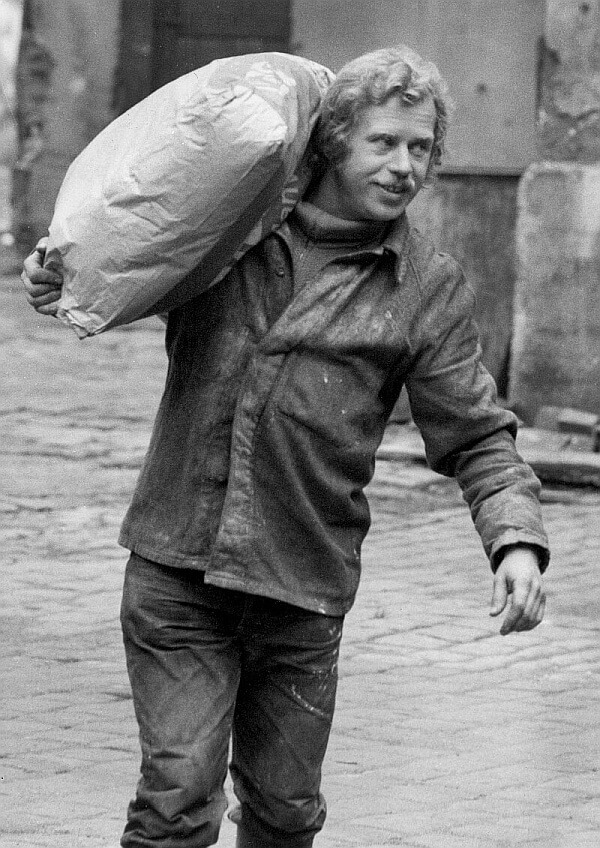
Support us with a financial donation
Does our work make sense to you and do you want to support the activities of the Vaclav Havel Library?
You can easily make a one-time payment by scanning the QR code.
Would you like to contribute regularly? Then we invite you to become a member of the Friends of the Vaclav Havel Library Club. What are the benefits of membership? Find out more.
Help us expand the archive
The Vaclav Havel Library manages an archive of writings, documents, photographs, video recordings and other materials related to the life and work of Vaclav Havel. This archive is predominantly in digital form. If you or someone close to you owns any original texts, correspondence, photographs, speeches or any other work by Vaclav Havel, we would be grateful if you could contact us.
You can donate in other ways too
Supporting a specific charitable or public benefit organization whose activities you appreciate or have been supporting for a long time is also possible through a will. This form of donation is quite common abroad, but in the Czech Republic this tradition is only just taking root.
Share information about us
The Vaclav Havel Library is open to media and promotional cooperation, mutual sharing of links, publishing our banners or information about our events.
For more information, please contact us.
Donations have their rules
At the Vaclav Havel Library, we uphold a transparent, responsible and ethical way of dealing with all those who contribute to fulfilling our purpose and implementing our strategy. Our code of ethics summarizes the basic rules of donations.
Get involved in volunteering
Would you like to get involved as a volunteer? That's great. We welcome anyone who wants to help our work.








